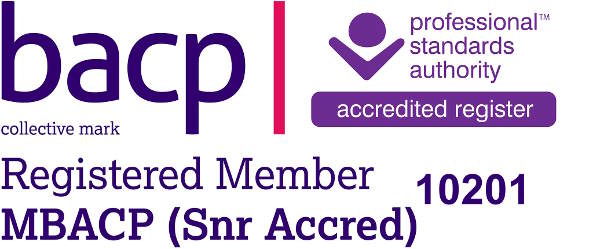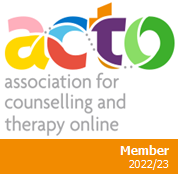Your First Session
What to expect on your First Session and the Counselling Process.
We will have an introductory appointment – an assessment - to mutually work out whether counselling or therapy with me could be helpful you, with the problems as you see them. I will be interested in your theory and ideas about what has happened and what you feel you need – as you are the expert on you. A counsellor is expert on the process and theory. During sessions we bring these two types of expertise together.
During your introductory appointment, we decide whether or not to meet again and for how many sessions.
If we choose to continue we agree on the number of sessions - a counselling agreement. I will ask about the problems and history of problems and coping strategies. I will ask about functioning and patterns, support network, work and personal or domestic life. We will identify any triggers. While we do this I will try to assess whether my kind of counselling / therapy would suit you. I do this by listening to your reasons for wanting counselling and the difficulties you are having. I will ask about previous therapy and any mood medication. We may complete mood measures or trauma measures on an assessment session. These scores will help me determine what kind of therapy we can do together.
I will ask for your GP surgery in case of risk. Please see counselling agreement as there are exceptional circumstance where a counsellor may need to breach confidence (normally with risk – where safety trumps confidentiality). We will target and perhaps prioritise the main issue(s) as you see them. If I cannot be helpful about an issue or issues I will endeavour to refer or signpost you to an individual or agency specialised or experienced in this.
During this time you will build up an idea of what is involved and you will be able to make up your mind whether we can work together. It is important to be clear about what you want and what the counsellor is able to offer.
Traditional counselling process involves exploration understanding and change. Relationship work will look at pattern and narrative with a view to change unhealthy patterns. CBT involves identifying unhelpful thoughts and core beliefs. EMDR and Brainspotting work in a much less verbal and more visceral way, capitalizing on the brain, nervous system and body’s capacity to heal if it can. It can be a big adjustment to try a non-talking (or less talking) therapy.
Reviews happen regularly in counselling – I ask for feedback each session and sometimes we have a review after a set of therapy like six sessions. This helps keep us on track and to stay goal focussed so therapy remains helpful and “scratching the itch” best.
Possible Questions at our first meeting
You may want to ask me about the differences between types of counselling modalities, and what I feel would help you. We will develop a plan and co-create goals together.
You might ask about the time, place, cost and duration of meetings plus any charges for cancelled appointments and holidays.
You may also wish to enquire about my professional membership and background experience or qualification.
Please ask and give feedback – it helps me help you better.


